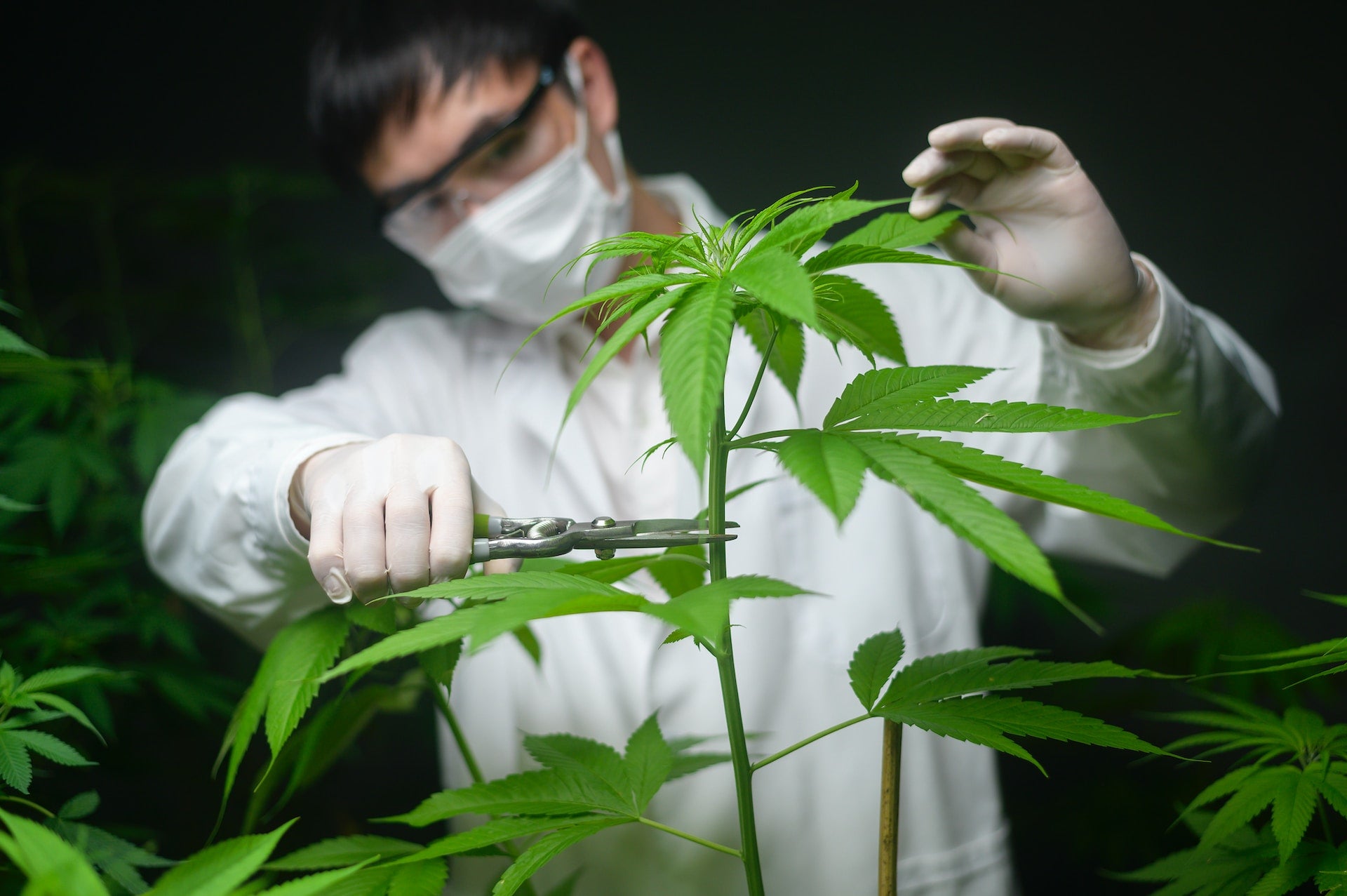Hemp, a versatile and sustainable plant, is becoming an increasingly popular choice in many industries due to its numerous environmental benefits. With its rapid growth cycle, adaptable nature, and minimal resource requirements, hemp has the potential to revolutionize the ways we think about sustainability and break our dependence on environmentally damaging materials. In this article, we will explore the top 8 reasons why hemp is shaping the future of sustainability, ranging from its role in reducing single-use plastics to its applications as a renewable building material. As we delve into this extraordinary plant's capabilities, you'll discover the undeniable benefits that come with integrating hemp into our daily lives, paving the way for a more eco-friendly and responsible future.
Top 8 Reasons Why Hemp is Becoming Today's Sustainable Choice
1. Combatting Deforestation with Hemp Paper Production
One of the significant applications of hemp is its use as a raw material for paper production. When compared to traditional wood pulp paper, hemp paper has several advantages, including higher durability, better resistance to yellowing, and faster growth rates. Most importantly, hemp paper production can help reduce deforestation by providing an alternative to using wood pulp. According to research, one acre of hemp can produce as much paper as four acres of trees annually. Switching to hemp-based paper can alleviate the strain on our planet's forests, thereby conserving ecosystems and reducing associated greenhouse gas emissions.
2. Eco-Friendly Building Materials
In the construction industry, hemp is changing the game with hempcrete, a sustainable and energy-efficient building material. Hempcrete is a mixture of the woody fibers of the hemp plant combined with lime and water to create a lightweight, insulating, and carbon-negative material. When compared to traditional building materials like concrete, hempcrete has better insulation properties, reduced energy consumption during production, and lower carbon emissions. Additionally, hempcrete is fire-resistant, mold-resistant, and pest-resistant, making it a truly sustainable and safe choice for our homes and buildings.
3. Hemp-Based Bioplastics: The Future of Sustainable Packaging
Hemp is making its mark on the packaging industry by offering a renewable alternative to petroleum-based plastics. Hemp-based bioplastics are derived from the cellulose and lignin found in hemp stalks, and they are biodegradable, compostable, and non-toxic. By replacing single-use plastics with hemp-based alternatives, we can reduce our reliance on fossil fuels and minimize the global plastic waste crisis. As industries continue to embrace sustainable packaging solutions, hemp-based bioplastics will play a crucial role in reducing our environmental footprint.
4. Hemp in Textile Production: A Sustainable Alternative to Cotton
Hemp fibers offer a sustainable and renewable alternative to traditional textile materials like cotton. When considering resource utilization, hemp textiles dramatically outperform cotton. Hemp plants require less water and fewer pesticides and grow more rapidly than cotton, all while producing significantly more fiber per acre. Hemp fabric is also durable, naturally antimicrobial, and UV resistant, making it an attractive choice for clothing and textiles. As sustainable fashion takes center stage, hemp offers an eco-friendly alternative to conventional materials.
5. Hemp in Biofuel Production: Renewable Energy Solutions
With an urgent need to transition away from fossil fuels, hemp offers a viable solution for renewable energy production in the form of biofuel. Hemp can be processed into various biofuels, such as biodiesel and ethanol. Not only does this contribute to reducing greenhouse gas emissions, but hemp-based biofuels can also improve air quality due to their lower sulfur content when compared to traditional petroleum fuels. As we work to combat climate change and shift towards sustainable energy sources, the role of hemp in biofuel production is becoming increasingly significant.
6. Supporting Soil Health and Crop Rotation
Hemp's deep roots and natural resilience make it an ideal crop for promoting soil health and crop rotation. As a low-maintenance plant, hemp requires few pesticides and herbicides. Furthermore, its deep roots effectively aerate the soil, break up compaction, and help to control erosion. When used in crop rotation, hemp can improve soil structure and fertility, which in turn increases the yields of subsequent crops, as well as their resistance to pests and diseases. Including hemp in agricultural practices can improve overall soil health and contribute to sustainable farming practices.
7. Encouraging Carbon Sequestration
Hemp has the incredible ability to capture and store carbon dioxide from the environment through a process called carbon sequestration. During its growth cycle, hemp absorbs CO₂ from the atmosphere and converts it into biomass, thereby contributing to the reduction of greenhouse gases. When compared to other crops, hemp has a higher capacity for carbon sequestration, making it a promising ally in the fight against climate change.
8. Enhancing Biodiversity and Ecosystem Preservation
Hemp can play a crucial role in promoting biodiversity and preserving ecosystems by providing habitat for beneficial insects, birds, and other wildlife. As a low-maintenance crop, hemp requires minimal inputs, allowing the surrounding environment to thrive. By introducing hemp as a sustainable crop, it can contribute to healthier and more diverse ecosystems. This, in turn, supports the food chain and helps to maintain ecological balance, benefiting both humans and the environment.
Embracing Hemp: Paving The Way Towards a Sustainable Future
The numerous environmental benefits of hemp make it a game-changer for a brighter, more sustainable future. Ranging from eco-friendly building materials and bioplastics to renewable energy and soil health, hemp has the potential to net positive impacts on a global scale. As we strive to reduce our environmental footprint and embrace sustainable alternatives, hemp will play a vital role in supporting that shift.
Ready to support the hemp revolution and enjoy the benefits of premium hemp-based products? Visit HALF BAK'D Hemp's online store now for high-quality cannabinoid offerings that can improve your well-being. Explore their range of innovative products and learn about how choosing hemp from responsible brands like HALF BAK'D is not only a step towards personal wellness but also supports the greater eco-conscious movement. Take your journey towards a greener lifestyle today by choosing hemp.
